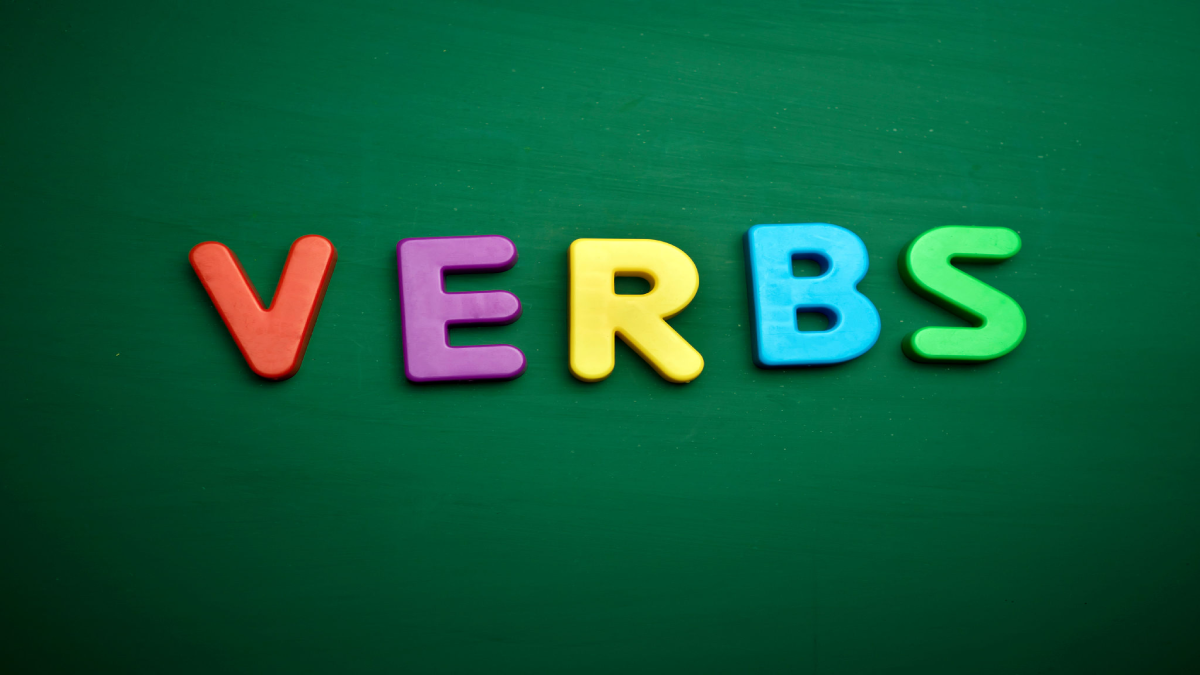Do you ever find yourself wondering which verbs are the most common in English? If so, we have the answer! We compiled a list of the top 100 most common verbs in English and learned how to use them correctly and easily.
Make – To create, cause, or bring about
You can use make to describe the act of creating something or causing something to happen. For example, you can say I made a cake to describe the act of baking a cake or I made my bed to describe the act of tidying up your bed. You can also use make to describe bringing about a certain result, as in She made him apologize.
Do – To perform an action
Do is one of the most versatile verbs in the English language. It can be used as a main verb, an auxiliary verb, or even a phrasal verb.
Have – To possess, own
We all have things that are important to us. Whether it’s material possessions or intangible items, we all have something that we value. The verb have is used when we want to talk about these things. For example, I have a cat. This means that the speaker owns a cat.
Get – To receive something
I got a new car for my birthday. To receive something can also mean to understand or comprehend something as well. For example, Can you explain that again? I don’t get it. In this sentence, the speaker is asking for the other person to explain something because they do not understand it. Another example would be, I got it! which means I understood! or I comprehended!
Go – To move from one place to another
You can use go to describe movement from one place to another. For example, you might say I’m going to the store or I’m going home. You can also use go when you’re talking about someone else doing something. For example, you might say She went to the store or He went home.
Say – To express something verbally
We use the verb say when we want to express something verbally. For example, you might say, I have something to tell you. In this sentence, the word say is used as a verb. It is an action word that shows what you are doing.
See – To visually detect with the eyes
The verb see is one of the most common verbs in the English language. We use it when we want to visually detect something with our eyes. For example, you might say I see a bird when you spot one flying in the sky. You can also use this verb to describe what you believe or think about something, as in I see what you mean. In this case, see means to understand.
Come – To travel toward someone or something
Come is one of the most versatile verbs in the English language. It can be used as an intransitive verb, meaning it doesn’t need a direct object, or a transitive verb, taking a direct object.
See – To undergo a change of state
I see that you’ve finished your work. In other words, the work is now in a different state than it was before – it is ‘seen’ as being completed.
When we use the verb ‘see’ with this meaning, we usually use it in the present simple tense:
I see that you’ve finished your work.
Hear – To perceive sounds through the ear(s)
To hear something is to receive sound waves through your ear(s) and interpret them in your brain. The verb hear is used when you can physically hear something with your ears. For example, you might hear a noise outside or hear someone calling your name. You can also use hear figuratively to mean that you understand something or that you became aware of something through someone else telling you. For example, I heard that there’s a new restaurant in town.
And more of the most common verbs in English we leave you to discover for yourself …


